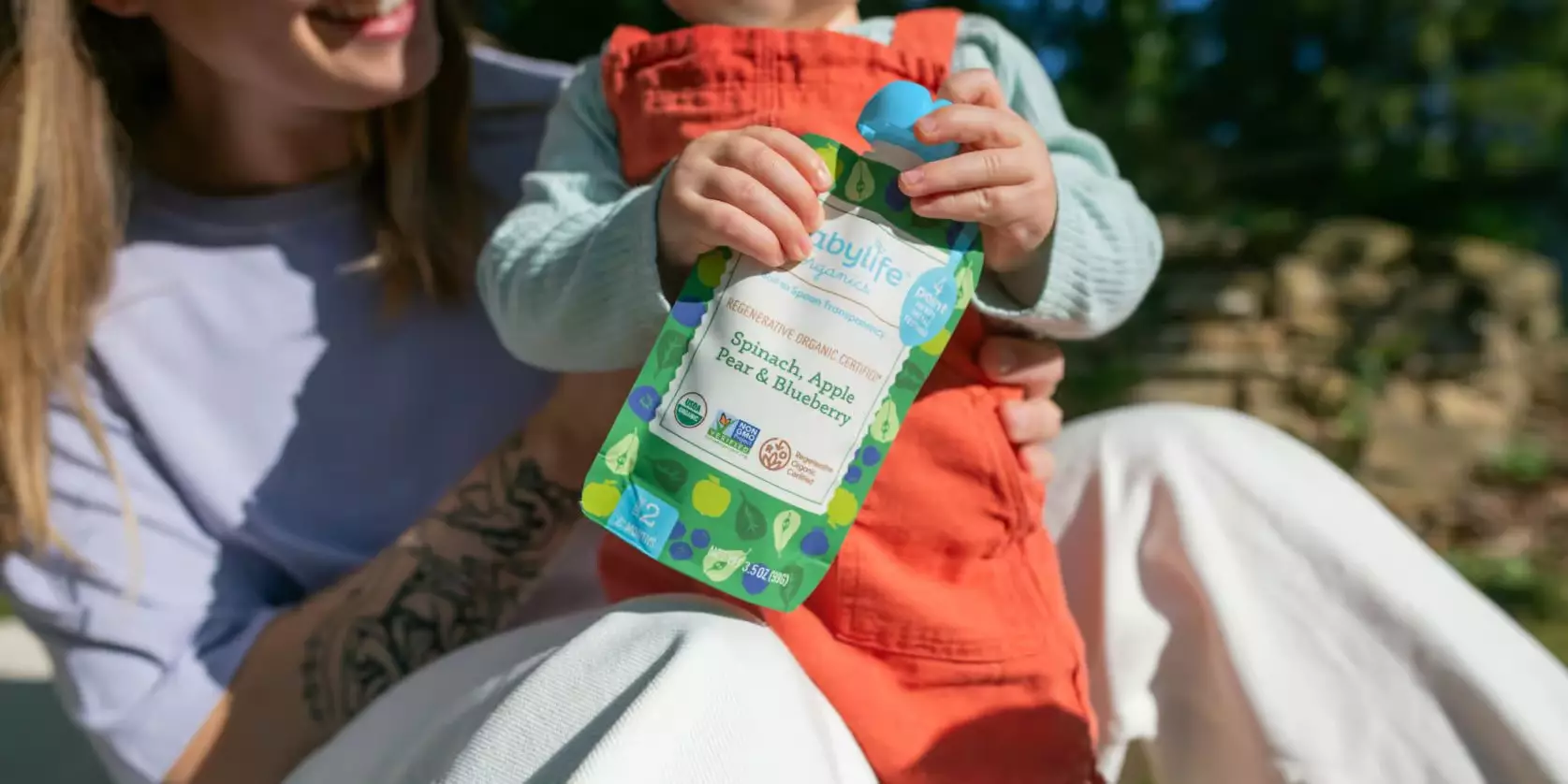In the quest to provide our children with the best possible nutrition, the alarming presence of toxic heavy metals in baby food is a cause for concern for many parents in the United States. The grim reality is that both store-bought and homemade baby food, whether organic or conventional, frequently harbors these metals, including lead, cadmium, arsenic, and mercury. These elements can stem from environmental contamination, permeating soil and crops through the processes of industrial pollution or even natural occurrences. Given the serious implications for neurological development and overall health, it becomes imperative for caregivers to grapple with the question of how to provide safe and nutritious food for their little ones amidst this backdrop of uncertainty.
The psychological toll on parents is palpable as they navigate the murky waters of baby food safety. They face challenges in figuring out which products are genuinely safe, leading to skepticism towards established brands. In light of such concerns, an innovative approach presented by a new baby food brand, Babylife Organics, offers a potential turning point in this crisis.
Unprecedented Transparency in Baby Food Production
Babylife Organics is stepping into the spotlight as a pioneer in this mission for clean baby food. Launching with a commitment to transparency, this brand is the first to disclose comprehensive heavy metal testing results through QR codes on each jar or pouch. This initiative empowers consumers with the ability to verify safety claims directly, addressing the apprehensions surrounding the opaque practices commonly observed in the industry. Each product offers a window into the testing process, essentially providing a tailor-made assurance for parents who may be grappling with uncertainty regarding their child’s nutrition.
What sets Babylife apart is not just its transparency but its dedication to regenerative organic farming practices. By implementing these methods, they ensure that the soil utilized for growing their produce is not only rich and nutritious but also protected from heavy metal contamination. Richard Harford, the CEO, underscores the importance of sourcing ingredients from regions with the cleanest soil—a decision stemming from a deep-rooted respect for farming practices passed down through generations in Türkiye. This focus on soil health is a crucial component in the fight against heavy metals in baby food.
A Comprehensive Approach to Testing
What is perhaps most revolutionary about Babylife Organics is their rigorous 4-point heavy metal testing protocol. Testing occurs at four critical stages: soil, raw ingredients, prepared ingredients, and the final product. This scrutiny allows them to catch potential contaminants at the earliest stages of production, thereby improving the overall safety of the food. The current landscape, which is devoid of stringent federal standards for baby food testing, leaves many brands blind to the issues lurking within their own products. Harford candidly remarks on the rarity of proactive testing in the industry, shedding light on the vulnerabilities that come with insufficient quality control.
The majority of baby food brands, even those marketing themselves as organic, often find themselves entangled in a complex supply chain where tracing contamination becomes a monumental challenge. However, Babylife’s process not only highlights the company’s commitment to safety but also sets a benchmark for others to emulate.
Exceeding Industry Standards
With the American Academy of Pediatrics sounding the alarm on the dangers posed by chronic exposure to heavy metals in food, Babylife Organic’s proactive measures come as a breath of fresh air. The absence of federal regulations on heavy metals has prompted this brand to adopt international benchmarks, aligning its practices with those established by the European Union Food Safety Policy and the Clean Label Project’s First 1000 Days Promise—criteria that are significantly stricter than current FDA guidelines. This puts Babylife in a unique position of not only leading the industry on matters of safety but also advocating for change.
In a move that is bound to resonate with health-conscious parents, each product from Babylife comes equipped with a QR code linking back to specific heavy metal test results for that batch. This level of detail—far exceeding simple pass/fail outcomes—offers a tailored insight into the safety levels of the food being provided for infants. This commitment to informative labeling not only fosters consumer trust but also channels a much-needed shift within the food industry towards enhanced accountability.
The Future of Safe Baby Food
Babylife Organics is set to launch its initial range of baby food products in Whole Foods Market, with an eye toward expanding online availability. The introduction of single-ingredient jars and creatively blended pouches showcases the brand’s commitment to wholesome, additive-free nutrition. As growing concern over heavy metals continues to shape consumer attitudes toward baby food, the innovative practices championed by Babylife could very well pave the way for industry-wide shifts, prompting competitors to adopt a similar ethos.
In a world increasingly aware of the long-term effects of dietary choices, Babylife’s transformative approach beckons the industry to raise its standards—not just for the sake of transparency but for the very health and future of our children. As they embark on this journey, the hope rests on sparking a revolution in baby food safety that could lead to a future where parents feel confident in the food they choose for their little ones.

